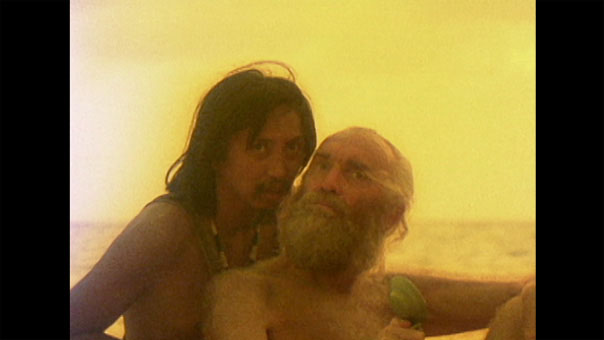Some of the hottest tickets at TIFF each year are for films that have already secured a commercial release date in Japan. For all the high-minded talk about artistry and creativity, most viewers just want to see the big movies before everyone else. But spare a thought for the less commercial offerings on the lineup. These rare orchids and oddities are unlikely ever to see the inside of a multiplex and are worth catching on what might be their only cinematic outing in Japan.
BalikBayan #1 Memories of Overdevelopment Redux III.5 (Working Title, 1979-2015)
Filipino iconoclast Kidlat Tahimik spent more than three decades toting a showreel for his unfinished film about Enrique of Malacca, the Asian slave who accompanied Ferdinand Magellan on his 16th-century East Indies expedition and is believed by some to have been the first person to circumnavigate the globe. Now Tahimik has finished the project — well, sort of — by interweaving the original footage with new and old material, creating a revisionist-historical epic that doubles as a commentary on itself. Chaotic and deeply original, it won the Caligari Film Prize at the Berlin International Film Festival in February. The most peculiar offering at TIFF.


















With your current subscription plan you can comment on stories. However, before writing your first comment, please create a display name in the Profile section of your subscriber account page.